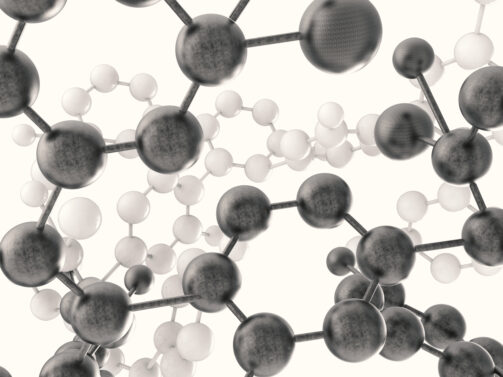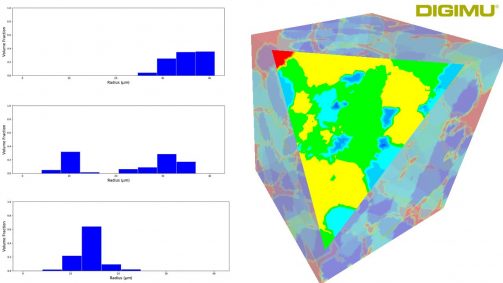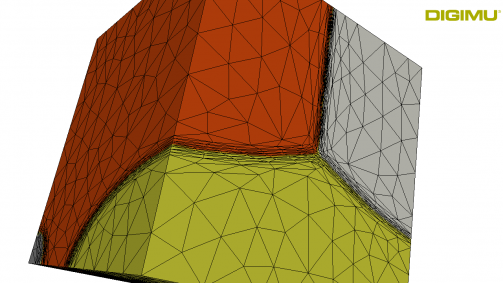DIGIMU® is designed to bridge the gap between research and industries for simulating microstructure evolution at the mesoscopic scale and within Representative Elementary Volume (REV) during metal forming processes.


DIGIMU® is the result of research projects conducted for more than ten years at the CEMEF (Material Forming Center) in collaboration with industrial stakeholders from the metallurgy, aeronautics and nuclear sectors. The two pillars of DIGIMU® software development are extensive experimental work and the constant improvement of existing numerical methods, which allow CEMEF to be at the forefront of field research globally.
As part of the continuous development of DIGIMU® by TRANSVALOR, the DIGIMU® Chair, handled by Armines MINES ParisTech, is co-funded by ANR (Agence Nationale de la recherche French Research Bureau/Agency) and the industrial consortium composed of:
- ArcelorMittal
- Framatome
- ASCOMETAL
- AUBERT & DUVAL
- CEA (French Alternative Energies and Atomic Energy Commission)
- SAFRAN
This Chair is a project of the DIGIMU® consortium composed of the above partners along with Timet, Constellium and Transvalor.

FULL-FIELD APPROACH
The full-field approach proposed by DIGIMU® has two main objectives:
- To simulate local and heterogeneous phenomena undetectable with larger order models
- To improve medium-field models used for industrial part-scale simulations
DIGIMU® generates digital polycrystalline microstructures representative of the material's heterogeneities (compliance with the topological characteristics of the microstructure). The boundary conditions applied to the REV are representative of those experienced by a material point at the macroscopic scale (thermomechanical cycle of the considered point). Based on a Finite Elements formulation, the various physical phenomena involved during metal forming processes are simulated (recrystallization, grain growth, Zener pinning due to second phase particles, etc.).

FULLY AUTOMATED ADAPTIVE ANISOTROPIC RE-MESHING
In order to improve digital precision and reduce computation times, DIGIMU® provides a precise description of the interfaces (grain boundaries) while using the appropriate number of elements thanks to a fully automated anisotropic meshing and remeshing adaptation technology.
REQUEST YOUR DEMO TODAY
